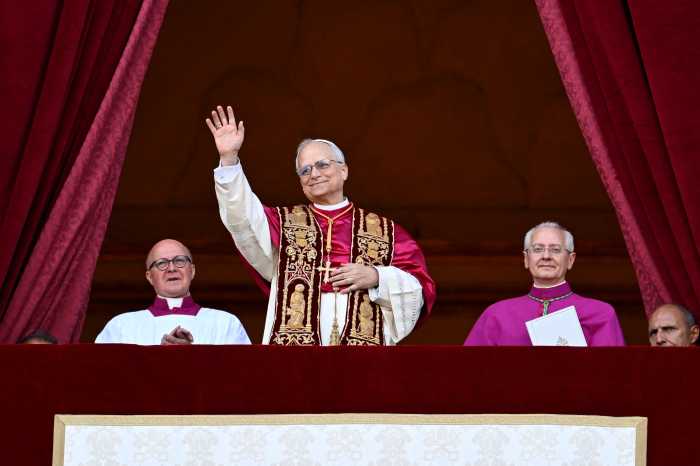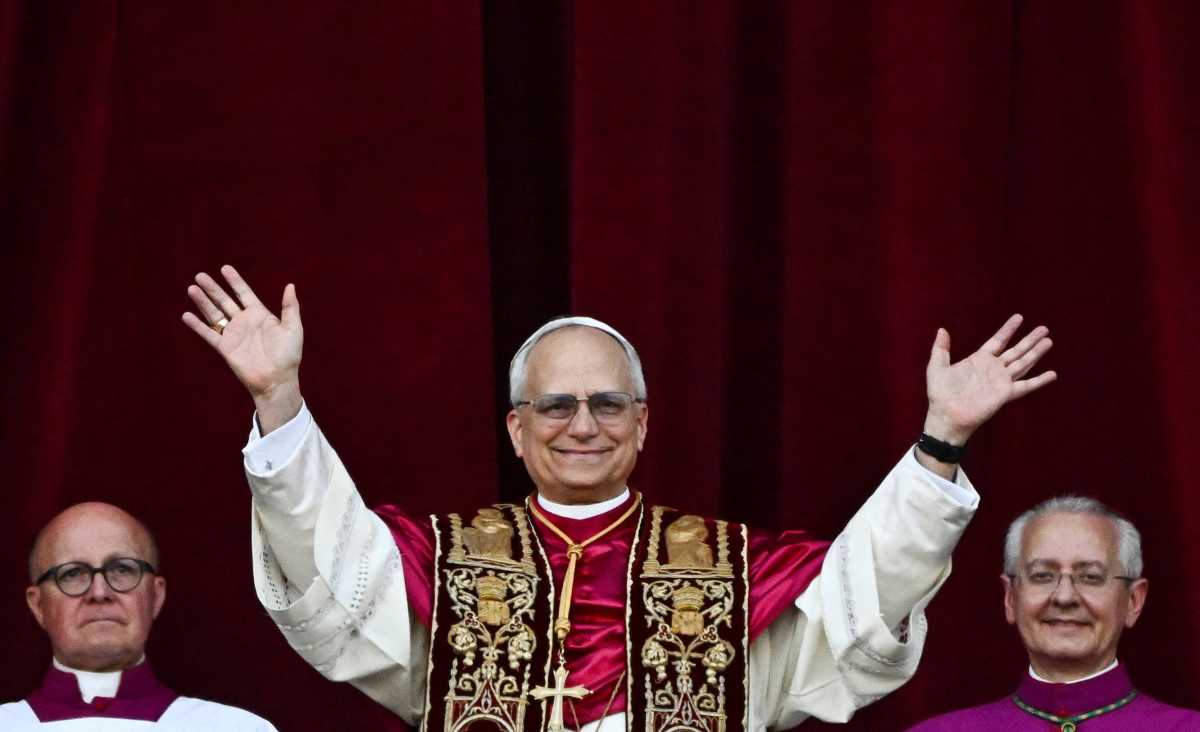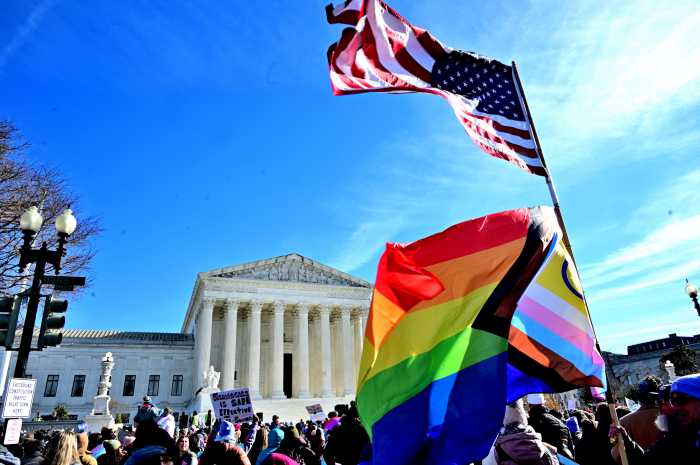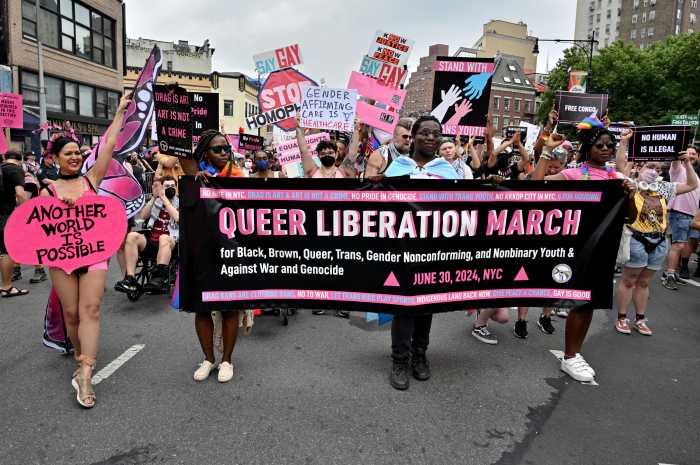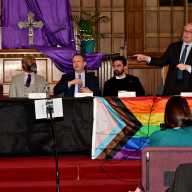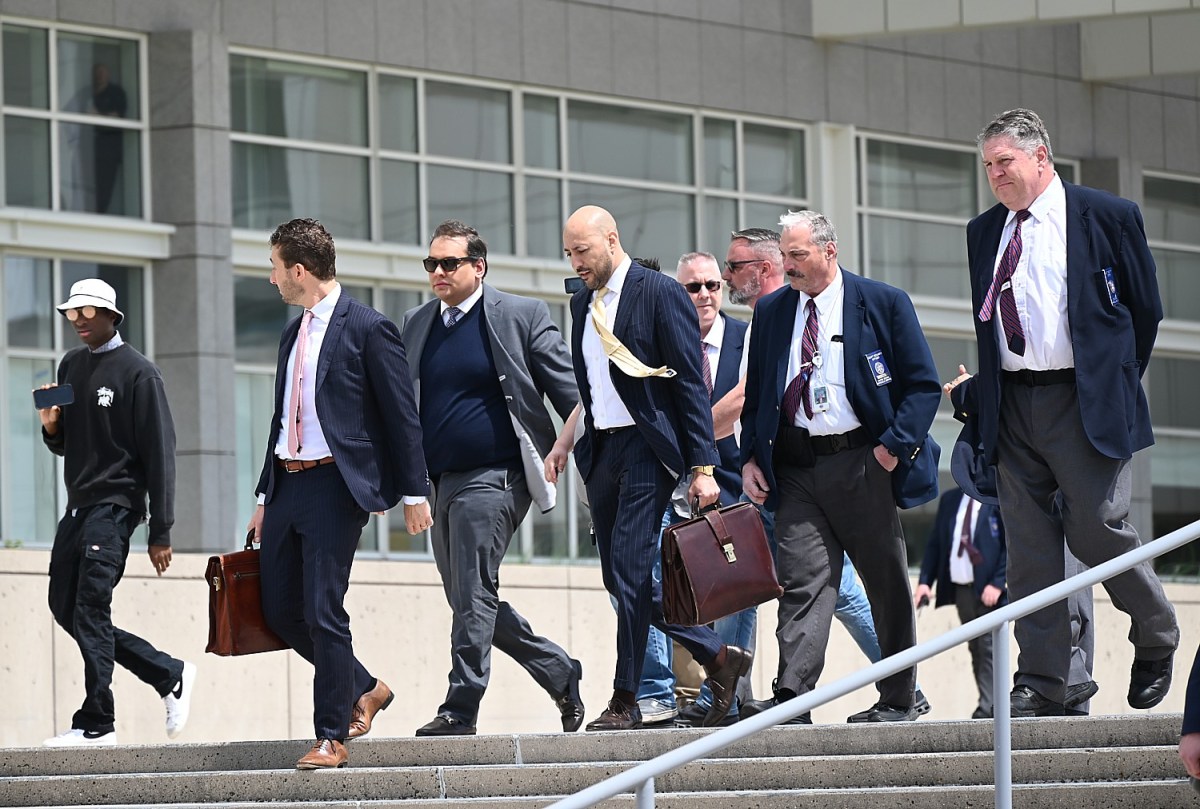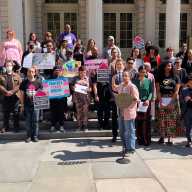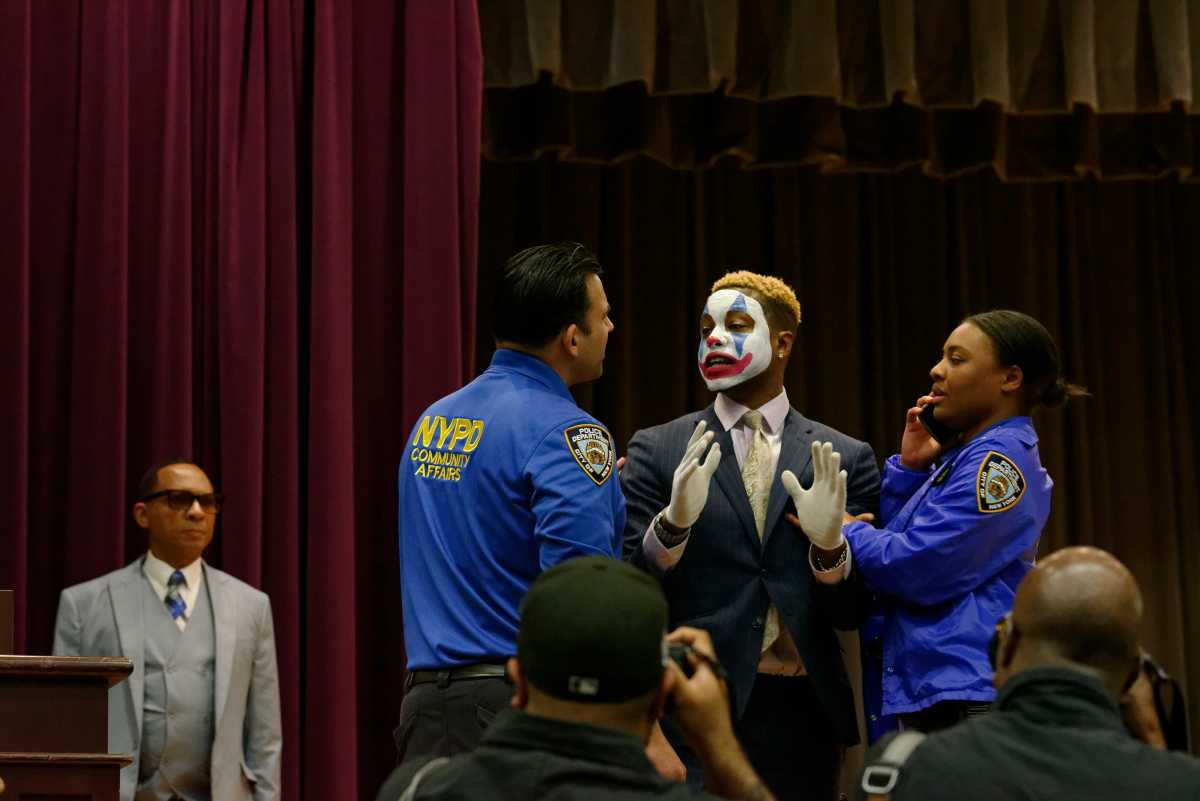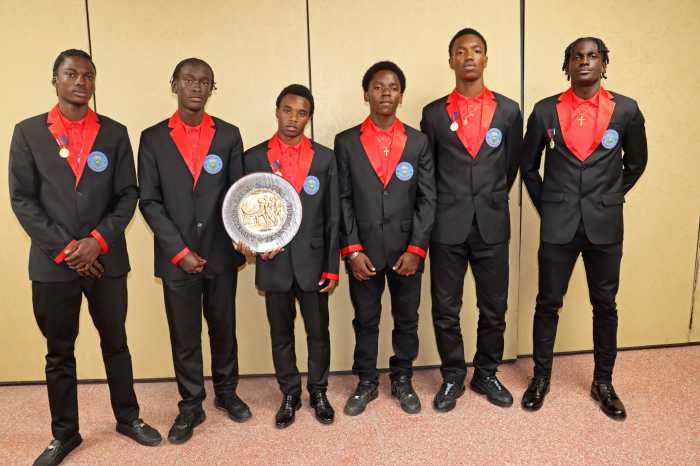Federal judge says 2003 Supreme Court sodomy ruling changes nothing
A federal judge in Boston ruled on April 24 that the Supreme Court’s 2003 sodomy law decision, Lawrence v. Texas, does not affect the legal analysis of the Defense Department’s Don’t Ask, Don’t Tell military policy. Following the lead of several federal decisions from the 1990s, District Judge George A. O’Toole, Jr., granted the government’s motion to dismiss a case brought by the Servicemembers Legal Defense Network (SLDN) on behalf of a dozen lesbian or gay former military members discharged under the policy.
The closest gay litigation groups have come to overturning the policy, enacted by Congress in 1993 in reaction to President Bill Clinton’s initial suggestion to allow gay people to serve openly in the military, was a ruling in a test case brought by the ACLU and Lambda Legal by the late Eugene Nickerson, a liberal Democrat who served as a Brooklyn federal district judge. The Second Circuit Court of Appeals in Manhattan overturned Nickerson’s ruling in 1998.
In granting the government’s motion to dismiss the new case, O’Toole rejected the plaintiffs’ claims that the policy violates the Fifth Amendment’s guarantees of due process and equal protection of the law, and the First Amendment’s guarantee of freedom of speech. Granting a pretrial motion to dismiss means that the judge concluded that these claim had no merit as a matter of law, regardless of what could be shown at trial about how specious the policy is in carrying out Congress’s articulated goal of maintaining good morale, order, and unit cohesion in the armed forces. O’Toole commented that his ruling said nothing about the wisdom of the policy, as that was a question for the government’s political branches..
After losing the big test case in the 2nd Circuit in 1998, the gay rights public interest firms backed off from challenges to the military policy, but the Supreme Court’s ruling in Lawrence v. Texas raised hopes that new challenges might be successful. In Lawrence, the Supreme Court found that the Texas Homosexual Conduct Law unconstitutionally abridged individual liberty without any legitimate justification. The big question for lower federal courts interpreting and applying the Lawrence ruling is whether it significantly changed the legal calculus for future gay rights cases.
The most important part of O’Toole’s opinion is his attempt to make sense of the Lawrence ruling and figure out whether it would require imposing a more demanding level of judicial review on the military policy than was used in the 1990s decisions. Taking the lead from a series of disappointing cases in which lower federal courts and some state courts have minimized the significance of Lawrence, O’Toole found that the Court had struck down the Texas law using the least demanding standard for judicial review—by which the government must merely show a rational reason for a law, a test sodomy restrictions failed. O’Toole found that this was the appropriate test for evaluating the plaintiffs’ due process and equal protection claims.
Once that decision was made, O’Toole’s conclusion followed logically—that nothing had happened since those 1990s cases to justify a different result. Congress undertook a “deliberative” process in 1993, involving committee hearings in both houses, testimony by military leaders that allowing gay people to serve would be terrible for the military, and passage of the resulting bill by overwhelming margins. The standard O’Toole used in this case asks merely whether members of Congress could rationally have believed, based on the knowledge available to them, that excluding openly gay people from the military would advance the goals of high morale, discipline and order, and unit cohesion.
O’Toole found no basis to question the statute in light of the legislative record.
The First Amendment argument, that the policy imposes adverse consequences on speech, has also been made and rejected by federal courts many times before, and as to this argument O’Toole found that Lawrence had no impact.
Although O’Toole’s view of Lawrence is shared by many other federal judges, it is by no means undisputed, especially among legal scholars, and since the First Circuit Court of Appeals, based in Boston, has not previously addressed the question, it is possible that this ruling will be appealed after SLDN has had an opportunity to consult its clients and study the opinion.
The plaintiffs had argued that the Lawrence opinion should be construed to impose a more demanding level of judicial review, under which the court should look into whether the compelling interest that Congress sought to protect—maintaining a strong national defense through well-ordered, cohesive, high-morale military forces—could only be achieved by this policy. Even if a court were to embrace this more demanding standard, there would be no guarantee of ultimately winning the case, because the Supreme Court has frequently endorsed a very deferential approach to evaluating military policy, but at least the plaintiffs would be able to attack the gross mythology that underlies the adoption of this policy, and that is disproved every day as U.S. troops operate side-by-side with European allies who allow openly gay people to serve.#
gaycitynews.com

